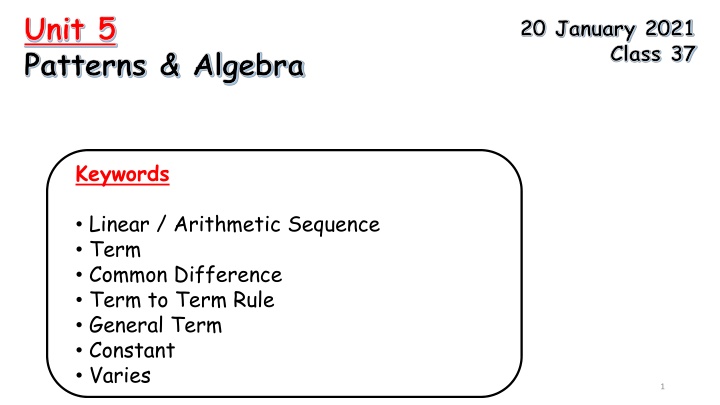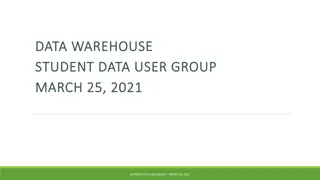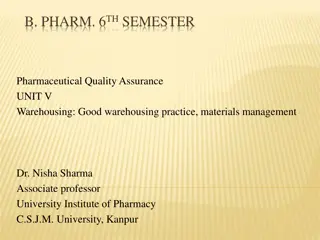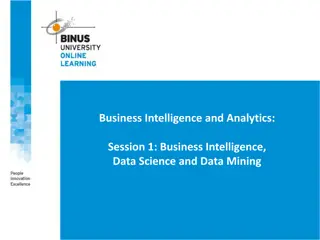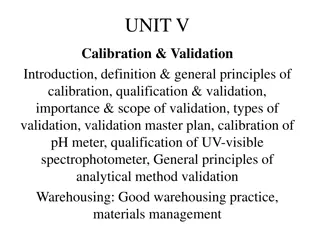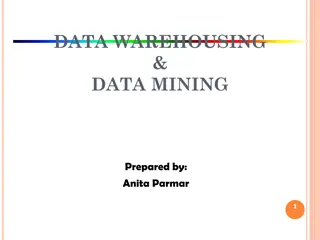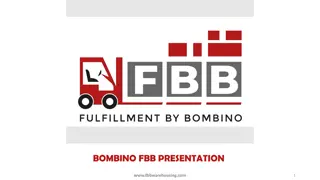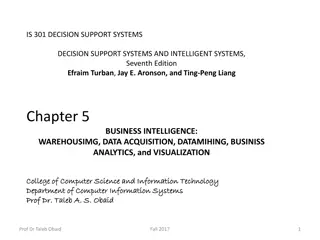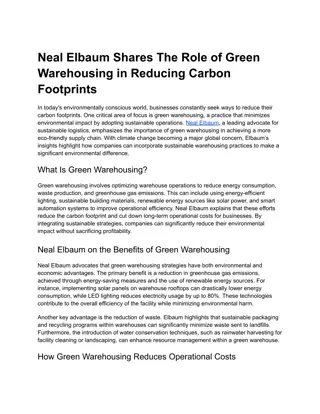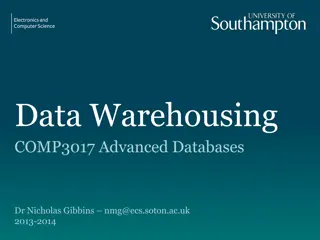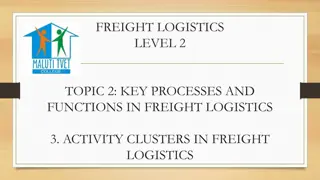Introduction to Data Warehousing: An Overview
A data warehouse is a consolidated, consistent data store sourced from various inputs for business users to access and understand. Learn about its importance, benefits, and applications, and how it differs from operational systems.
Download Presentation

Please find below an Image/Link to download the presentation.
The content on the website is provided AS IS for your information and personal use only. It may not be sold, licensed, or shared on other websites without obtaining consent from the author.If you encounter any issues during the download, it is possible that the publisher has removed the file from their server.
You are allowed to download the files provided on this website for personal or commercial use, subject to the condition that they are used lawfully. All files are the property of their respective owners.
The content on the website is provided AS IS for your information and personal use only. It may not be sold, licensed, or shared on other websites without obtaining consent from the author.
E N D
Presentation Transcript
Unit 5 Patterns & Algebra 20 January 2021 Class 37 Keywords Linear / Arithmetic Sequence Term Common Difference Term to Term Rule General Term Constant Varies 1
Do you notice anything about the following sequences and general terms? 2, 4, 6, 8 . 4, 7, 10, 13 . 1, 5, 9 , 13 . ??= 2? + 3 5, 7 , 9 , 11, 13 . Hint! Check the common difference .
Can you draw Ted on his 4th Birthday? 21 How many matchsticks would be needed?
How many matchsticks will you need to make Ted on his 6th Birthday? 29 Is there a way to figure this out without drawing him?
How many matchsticks will you need to make Ted on his 6th Birthday? 29 We needed 21 matchsticks to make Ted on his 4th Birthday. Each year we add 4 matchsticks. This is the term to term rule 21, 25, 29 Also known as the Common Difference of this linear sequence
The number of matchsticks needed to make Ted represents a Linear Sequence Can you find the first three terms of this sequence? Can you find figure out the next two terms?
The number of matchsticks needed to make Ted represents a Linear Sequence 9 , 13, 17, 21, 25, How do we know that this is a Linear Sequence?
Ted represents a linear sequence 9 , 13, 17, 21, 25, COMMON DIFFERENCE
How many matchsticks will you need to make Ted on his 6th Birthday? 29 Did anyone have any other methods to get to this answer?
What do you think Ted looked like when he was born? Born
What part of Ted remains constant as he gets older? What part of Ted varies as he gets older? How does it vary? Born
We can make a General Term for the number of matchsticks needed to make Ted.. ??= 4? + 5
We can make a General Term for the number of matchsticks needed to make Ted.. Common Difference = 4 ??= ?? + 5 Constant Varies
